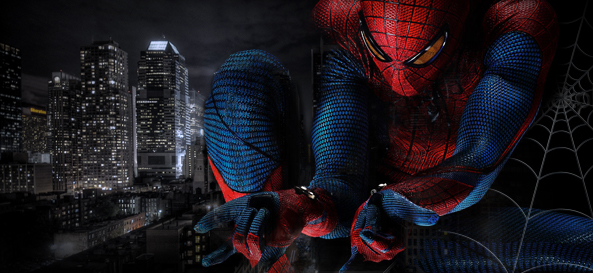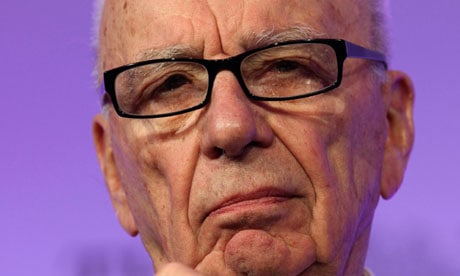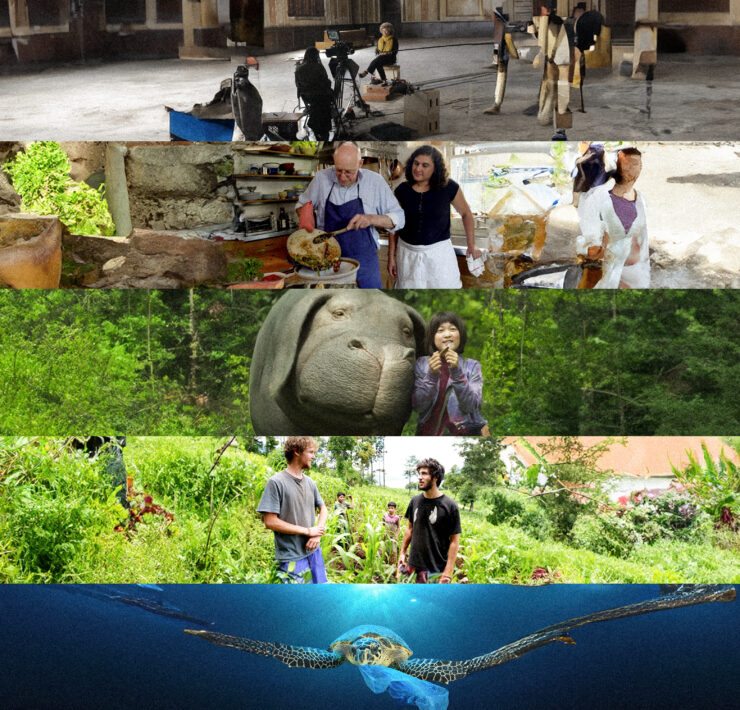
When Spider-Man debuted in 1962, he was a different kind of superhero.
The cast of characters around that time ranged from godlike beings (Superman, Thor) to colorfully bizarre teams of science experiments gone wrong (The Fantastic Four, The Metal Men). But Spider-Man was a hapless geek from Queens. The character was an instant success. Millions of readers saw bits of themselves in Peter Parker because his tale was not one of mythic heroism, but of inadequacy, trial and consequence. Spider-Man was the first superhuman that was more human than super.
But the 21st Century has been pretty hard on our Friendly Neighborhood Web-Slinger. His comic book adventures have been far less compelling than the memorable events of the ’60s and ’70s. The attempts to re-inject relevance into his stories have ranged from pandering to hopelessly farfetched. He has been cloned, sent into space, possessed by an alien, joined the Fantastic Four, and currently lives as a no-account twenty-something bouncing between dates, jobs and the occasional supervillain. However much you may love the character (and as I’ve stated above, I’m among that number) it is impossible to ignore the fact that Peter Parker’s life has gone nowhere.
After he was finally married to the love of his life Mary Jane in the late ’80s, it was hard to keep readers’ interest. Sales dropped dramatically. A fulfilled Peter Parker seemed to cut against the adolescent grain of what Spider-Man represented. So in 2007, in a supernatural stroke of comic-logic, the editors at Marvel dissolved his marriage and rearranged his life to be more or less the same as it had always been: a freelance photographer who cannot seem to hold down a job or a girlfriend.
The same cycle is set to repeat in the movies. After a stellar couple of film adaptations in ’02 and ’04 and a less-than-excellent conclusion in ’07, Spidey’s life progresses from high-school geek to responsible adult, values in place and life set to begin. Fast-forward to Marc Webb’s Amazing Spider Man film reboot debuting Tuesday and we’ve hit ‘rewind’ on everything he’s learned: he’s back in high school, with a different romantic interest, set to experience the same teen angst all over again. Perhaps it will be a good movie, but it will undoubtedly be the same old story. Those of us that have stayed with the character this long can’t help but ask the exasperating question: will Peter Parker ever grow up?
We may as well ask the same thing of ourselves. The dramatic difficulties Spider-Man has experienced over the years reflect issues our generation faces today. Peter Parker is stuck in an endless cycle of adolescence. Only a brief look at the messages in today’s mainstream marketing and entertainment will tell you that he’s not alone. Spider-Man is just another casualty of our cultural obsession with vagabondage and noncommittal living. You will be hard-pressed to find any glorification of, say marriage or long-term employment. Instead, it’s in the brief romantic fling and the transitional time between one thing and the next (insert: job, apartment, significant other).
Our generation responds to the tragic bittersweet ending, the teenage feeling that suggests that the best of life is concentrated into its most fleeting moments. Embedded within it is an admirable desire for innocence, to turn back the clock to what we were before we became jaded, world-weary and old. I expect the newest Spider-Man film to fashion its drama entirely around such nostalgia. But we can’t stay young forever, and when we try, the stories of our lives will ultimately ring as hollow as Peter Parker’s has become, and all we are left with is reliving our youth in our entertainment as well as in life.
There is a time and a place for youthfulness, but it is just a prologue to adulthood. The lessons we learn contribute to the people we become, and there comes a time to move on and explore new ways of life, meaningful relationships and a settled spirit. It is time for our entertainment to grow up, to show us more than the beautiful aimlessness of youth. How does innocence become righteousness, relationship become marriage and power become responsibility?
That’s the sequel I’ll be looking forward to.























